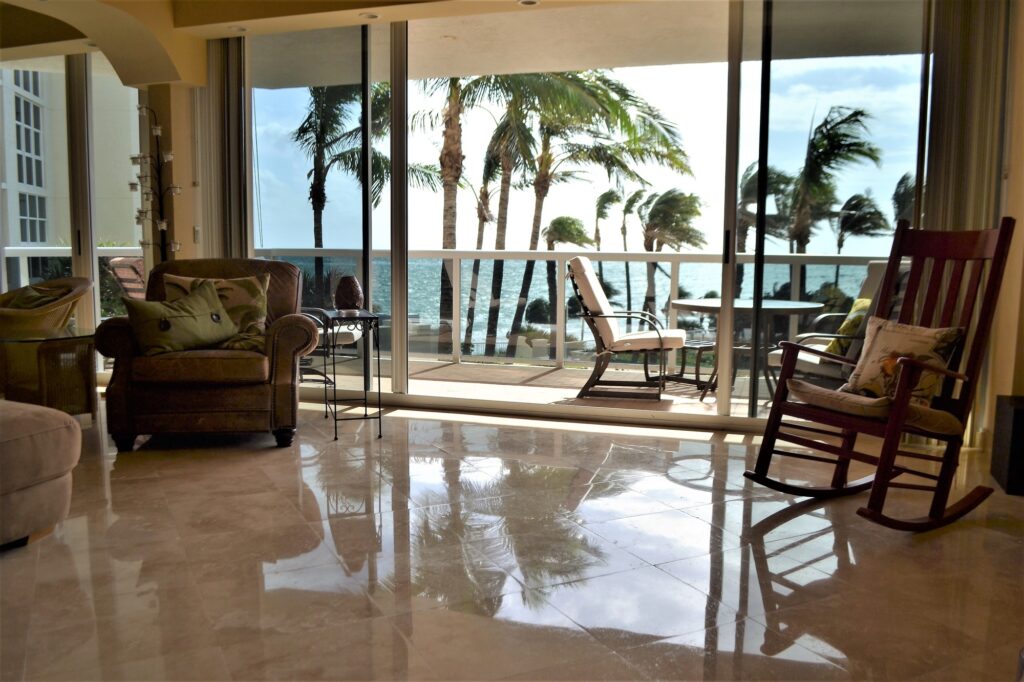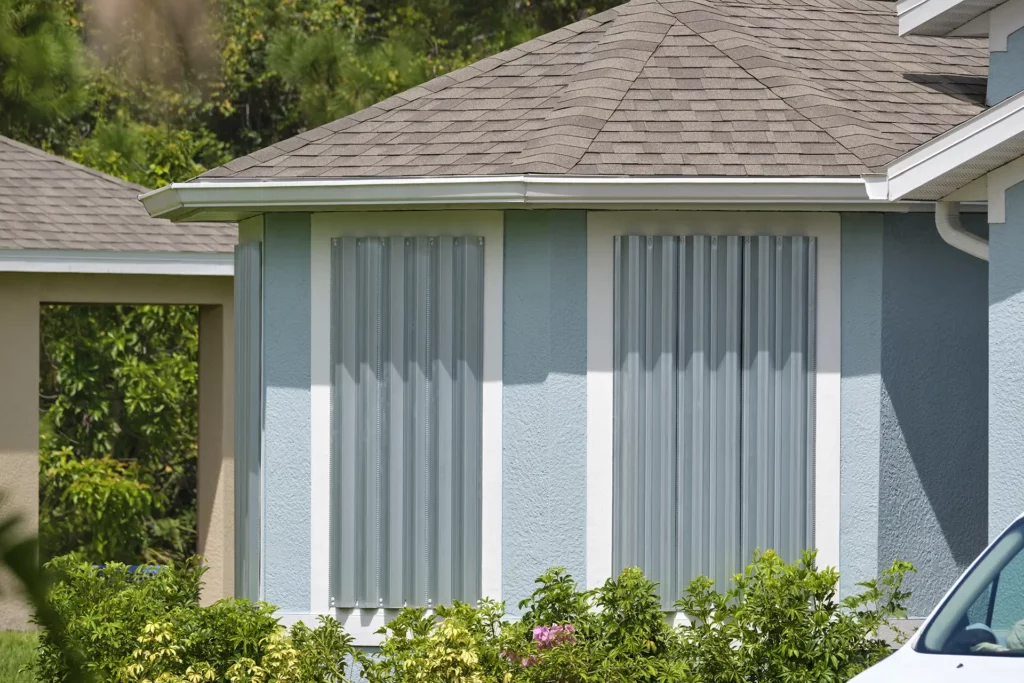Life is unpredictable. Accidents happen, and lawsuits can come out of nowhere. That’s where umbrella insurance steps in. It’s an extra layer of liability coverage that protects you when your regular home, auto, or boat insurance isn’t enough. Think of it as a financial safety net for you and your family. Whether you’re worried about a costly lawsuit or unexpected damages, umbrella insurance makes sure your assets stay secure.
What is Umbrella Insurance?
Definition of Umbrella Insurance
An umbrella policy is extra liability insurance that goes beyond your standard policies like home, auto, or boat insurance. Think of it as a safety net that catches what your primary policies can’t. It helps cover significant claims or lawsuits you might face.
For example, if an auto accident causes damages that exceed your car insurance limits, umbrella insurance can step in to cover the rest. It’s not just about protecting you from financial loss — it’s about safeguarding your peace of mind.
What does umbrella insurance cover?
Umbrella insurance extends liability coverage beyond your primary policies, covering a wide range of scenarios where you or your household members are responsible for harming others or damaging their property. It typically includes:
Bodily Injury Liability: Pays for medical bills, lost wages, and other costs if you injure someone (e.g., in a car accident or on your property, like a pool party injury).
Property Damage Liability: Covers repair or replacement costs for damage you cause to someone else’s property (e.g., crashing into another car or damaging a neighbor’s fence).
Personal Injury Liability: Addresses claims like libel (false written statements), slander (false spoken statements), defamation, false arrest, malicious prosecution, invasion of privacy, or wrongful entry—coverage often excluded from standard homeowners or auto policies.
Legal Fees and Court Costs: Covers attorney fees, court judgments, and defense costs, even if the lawsuit is groundless, up to your policy limit.
Landlord or Rental Property Liability: Protects against claims from injuries or damages on rental properties you own, beyond standard renter’s policies.
Uninsured/Underinsured Motorist Claims: May cover damages if you’re hit by someone without sufficient insurance, though this varies by policy.
However, umbrella insurance doesn’t cover: your own injuries, damage to your property, intentional harm, criminal acts, business liabilities (unless you have a commercial umbrella policy), or certain high-risk activities (e.g., drag racing). Coverage specifics depend on your policy, so reviewing terms with your insurer is essential.
Common Scenarios Where Umbrella Insurance Applies
Umbrella insurance can come into play in several everyday situations, including:
- Car Accidents: If you cause an accident, and the medical and legal costs go beyond your auto policy, umbrella insurance covers the gap.
- Accidents on Your Property: If someone falls at your house and files a lawsuit, this can pay for fees and damages not covered by your homeowner’s insurance.
- Lawsuits for Defamation or Libel: Posting something online or in print that leads to a defamation claim can get costly. Umbrella insurance can help cover legal expenses.
- Boating Incidents: For boat owners, it helps cover accidents that might happen on the water.
Umbrella Insurance offers broad protection for these unexpected incidents. It’s ideal for anyone who wants a layer of extra security in today’s litigious world.
How Does Umbrella Insurance Work?
Coverage Beyond Primary Policies
Umbrella insurance works by kicking in after your primary insurance reaches its limit. For example, if your car insurance covers $100,000 in damages but you’re liable for $300,000, umbrella insurance covers the extra $200,000. It’s designed to add a layer of protection when you need it most.
Here are a few types of incidents umbrella insurance often covers:
- Legal Fees: Covers attorney costs if someone sues you.
- Medical Bills: Pays for medical expenses if you’re found liable for an accident.
- Property Damage: Helps replace or repair damaged property you’re responsible for.
According to the Insurance Information Institute, lawsuits averaging over $1 million are becoming more common. Umbrella insurance can help protect you from these rising risks.
What Umbrella Insurance Does Not Cover
While umbrella insurance covers a lot, it doesn’t cover everything. You should know its limitations:
- Intentional Harm: If you intentionally hurt someone or damage their property, it won’t pay.
- Business Liabilities: If someone sues your business, you’ll need separate business insurance.
- Your Property Damage: It generally doesn’t cover damage to your own possessions.
Understanding these exceptions is part of making informed insurance choices.
Benefits of Umbrella Insurance
Comprehensive Financial Protection
Umbrella insurance offers strong financial security. It protects your assets, savings, and even future income if you’re held liable for substantial damages. For instance, if you’re sued for $1 million and your homeowner’s insurance only covers $500,000, umbrella insurance can make up the difference.
Consider this—many people don’t realize that even retirement accounts or wages can be targeted in liability lawsuits. Umbrella Insurance Explained ensures you aren’t forced to drain your savings or jeopardize your financial future after an unexpected event.
Affordability of High Coverage Limits
One of the best parts? Umbrella insurance is surprisingly affordable. According to industry estimates, you can get $1 million in coverage for roughly $150–$300 per year. Need extra? Each additional million typically costs just $75–$100 more. That’s far less costly than maxing out the liability coverage on your primary policies.
Investing in umbrella insurance is often the smarter option compared to increasing base policy limits. You end up with more protection for a fraction of the cost.
Coverage for the Unexpected
Umbrella insurance doesn’t just cover common events—it also provides protection for uncommon or high-risk situations. Some examples include:
- Defamation: If you’re sued for libel or slander, legal fees can add up quickly.
- Rental Property Incidents: If you own rental property, incidents like tenant injuries might result in lawsuits.
- Serious Accidents: Events involving multiple people or extensive damages, such as a boating mishap.
Umbrella insurance simply ensures that no matter how unusual or overwhelming the situation, you have a financial cushion in place. It’s peace of mind for life’s curveballs.
Who Needs Umbrella Insurance?
High-Net-Worth Individuals
If you have considerable assets, umbrella insurance is a must. A lawsuit can put your savings, investments, and property at risk. For example, if your net worth is $2 million but your homeowner’s insurance only protects up to $500,000, a large lawsuit could eat into your assets. Umbrella insurance fills that gap.
People at higher risk include:
- Homeowners with pools, trampolines, or dogs, which can lead to injuries (e.g., dog bites or slips and falls).
- Drivers with teenage or inexperienced drivers in the household, raising accident risks.
- Individuals engaging in potentially risky activities, like boating, or those with rental properties, where liability claims are more likely.
- Public figures or professionals (e.g., landlords, coaches, or board members) who face greater lawsuit risks due to their roles or public exposure.
- Small business owners needing commercial umbrella insurance to protect against large claims exceeding general liability limits.
- Retirees with valuable assets, like vacation homes, or older drivers concerned about accident liability due to age-related risks.
However, if your assets are well below your current liability limits (e.g., less than $500,000) and you face minimal risk, umbrella insurance might be unnecessary. It’s a personal decision based on your financial situation, lifestyle, and risk tolerance, so consulting an insurance agent can help assess your specific needs.
The Federal Reserve says that people in the top 10% of wealth holders are more likely to be targeted in lawsuits. If you fall into this category, umbrella insurance is simple—it’s critical protection for your wealth.
Ordinary Individuals with Liability Risks
You don’t have to be wealthy to benefit from umbrella insurance. Everyday life can be unpredictable. If you have a few risk factors, umbrella insurance is worth considering. Here’s who might need it:
- Homeowners: Accidents like a slip-and-fall on your property can lead to costly lawsuits.
- Parents of Teenage Drivers: Teens are statistically more likely to cause accidents, which can result in enormous liability payouts.
- Pet Owners: If your dog bites someone, legal and medical costs can add up fast.
- Social Hosts: Throwing big parties or events where guests could get hurt increases your liability exposure.
Even if your net worth doesn’t include millions, umbrella insurance is about protecting what you’ve worked hard for—your home, income, and future.
Business Owners and Landlords
If you run a business or own rental properties, you’re exposed to more liability. Lawsuits can stem from tenant injuries, unsafe conditions, or other unforeseen events. For example:
- A tenant slips on icy steps outside your rental property.
- A guest at your short-term rental property sustains an injury and sues you.
Umbrella insurance provides an extra layer of security that goes beyond basic business or landlord insurance policies. It’s designed to protect you from the kinds of liabilities that come with being an entrepreneur or property owner.
How Much Does Umbrella Insurance Cost?
Factors Affecting Pricing
The cost of an umbrella policy depends on several factors. While the coverage is affordable, your unique circumstances will affect how much you pay. Here’s what determines the price:
- Coverage Limits: The more coverage you want, the higher the premium. Most policies start at $1 million and can go up as needed.
- Primary Policy Coverage: Insurers require you to have certain limits on your existing policies (home, auto, boat) before offering umbrella insurance.
- Personal Risk Factors: Owning a pool, rental properties, or hosting frequent parties can increase your risk level—and your premium.
The Insurance Information Institute notes that umbrella insurance is an efficient way to gain broad liability coverage at a low price. It’s often more cost-effective than raising the liability limits on your other policies.
Typical Costs for Florida Residents
For most people, $150–$300 per year provides $1 million in coverage. Need more? Each additional million typically costs about $75–$100. That’s a small price for the peace of mind that an umbrella policy brings.
Florida residents, especially those in vibrant areas like Fort Myers, face unique risks such as hurricane damage or boating accidents. With a high volume of boat owners in Florida, umbrella insurance makes even more sense. It’s an affordable way to protect yourself from unexpected liability costs tied to the state’s active lifestyle.
By understanding the factors that influence cost and the typical pricing, you can make an informed decision about this valuable protection. Umbrella insurance ensures you’re covered in ways that matter most to your life and location.
Why Fort Myers, Florida Residents Should Consider Umbrella Insurance
Unique Risks in Fort Myers
Fort Myers is known for its beautiful coastline, active boating community, and sunny Florida weather. However, these same features bring unique liability risks. For example, Florida has one of the highest rates of boating accidents in the country, with nearly 800 reported annually. If you’re enjoying the water and an accident happens, the costs can surpass your boat insurance limits. That’s where your umbrella policy steps in.
Additionally, hurricanes are a reality for Fort Myers residents. If debris from your property damages a neighbor’s home or injures someone during a storm, you could face a liability claim. Having umbrella insurance ensures you’re financially prepared for unexpected situations linked to severe weather.
Lawsuits are another risk, as Florida has a reputation for being among the most litigious states. From property disputes to personal injury claims, a single legal case could cost more than most standard policies cover.
Customized Policies for Local Needs
Working with a local insurance agency in Fort Myers is especially valuable. Local agents understand the specific risks unique to coastal living. This expertise allows them to tailor umbrella insurance policies to your needs.
For instance, they can recommend coverage for your lifestyle—whether you’re a frequent boater, own vacation rentals, or host events. A local insurance expert can also guide you through claims involving hurricanes or tropical storms, which often differ from typical claims elsewhere.
Fort Myers residents who protect themselves with umbrella insurance gain an added layer of security, knowing their policies account for these unique circumstances.
How to Get Umbrella Insurance in Fort Myers, Florida
Steps to Obtain Coverage
Getting umbrella insurance in Fort Myers is simple, and a few steps can help you secure the right coverage for your needs. Here’s how to get started:
- Assess Your Current Policies’ Liability Coverage
Review your existing home, auto, or boat insurance. Most insurers require you to meet specific liability limits on your primary policies before offering umbrella insurance. For instance, you may need at least $250,000 of liability coverage on your auto policy. - Evaluate Your Assets and Risks
Calculate what you need to protect. Consider your home, savings, retirement funds, and any assets you own, such as rental properties or boats. Don’t forget to factor in risks like teenage drivers or owning a pool. The goal is to ensure your umbrella policy can cover anything above your primary insurance limits. - Consult with a Fort Myers Insurance Expert
Work with a local agent who understands the risks specific to Fort Myers. Whether it’s boating, home ownership, or weather-related concerns, a local expert can help customize your policy to match your needs.
Following these steps ensures you are prepared and fully covered without overspending.
Tips for Choosing the Right Policy
When choosing an umbrella policy, you’ll want to make sure it’s the right fit for your situation. Here are a few tips to get it right:
- Compare Providers
Not all policies are the same. Get quotes from multiple insurers and compare the details. Look for providers who specialize in tailoring policies for Florida residents. - Ask the Right Questions
Don’t hesitate to ask your agent critical questions, such as:- What are the exclusions in this policy?
- How much coverage should I get based on my assets?
- Are my rental properties, boats, or other assets covered?
- Stay Within Your Budget
Make sure the premiums fit your financial plan. In terms of cost shows it’s highly affordable, but you should avoid overextending yourself.
Umbrella insurance is a smart way to protect yourself financially. It provides extra liability coverage beyond your home, auto, or boat insurance. We explained how it works, from covering legal fees to handling unexpected scenarios like defamation lawsuits. This affordable option can safeguard your assets, whether you’re a high-net-worth individual, a homeowner, or a landlord. Fort Myers residents face unique risks like boating accidents and hurricane-related liability, making this coverage even more important.
Take the next step to protect your future. Contact us today to learn more or get a personalized umbrella insurance quote.







